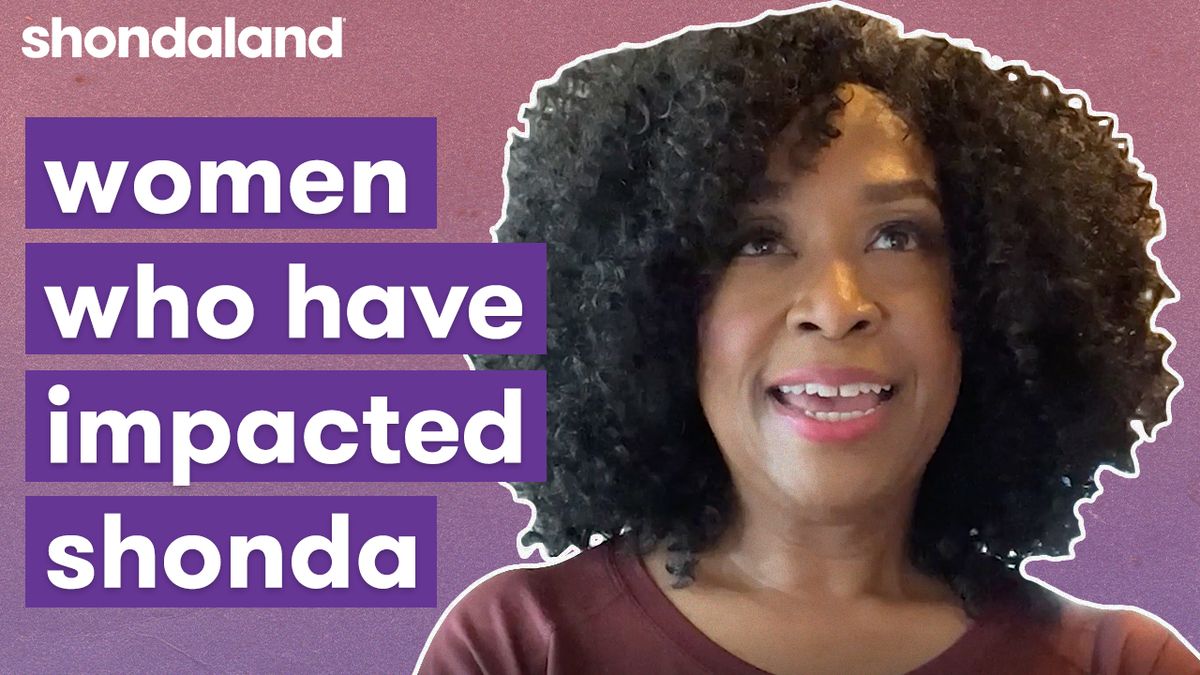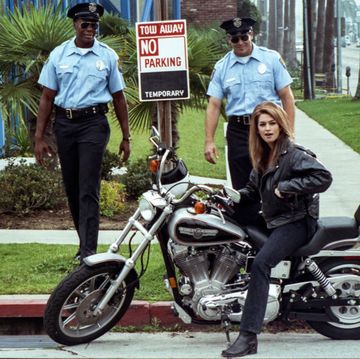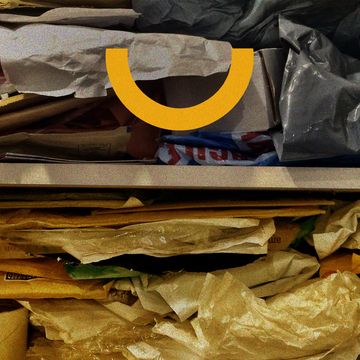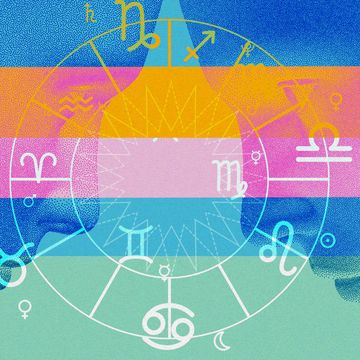The late summer success of "Crazy Rich Asians" comes with a bitter truth: it’s one of the few movies of its kind. The list of Hollywood studio films starring Asian Americans in lead romantic roles is woefully short. So much so that 1961’s "Flower Drum Song," another story of romance involving parental disapproval and a pivotal wedding scene, is still on the short list of "recent" films that have managed to grasp this simple truth: Asian-American romances deserve to be told too.
The first major motion picture to star a predominantly Asian cast, "Flower Drum Song" was adapted from the 1958 Rodgers and Hammerstein Broadway musical of the same name, which itself was adapted from a novel by Chinese American author C. Y. Lee. The film starred Miyoshi Umeki, James Shigeta, Jack Soo, and Nancy Kwan as four young adults in San Francisco’s Chinatown navigating romance, family, and being Asian in America.
Nancy Kwan played sexy spitfire Linda Low, a nightclub showgirl in a relationship with nightclub boss Sammy Fong (Jack Soo). In one of her most enduring scenes, Kwan performs "I Enjoy Being a Girl," in a towel dress and heels before a series of mirrors in a luxuriously large dressing room.
Kwan grew up in Hong Kong, the daughter of a Chinese architect and an English/Scottish model. Trained as a ballet dancer, she had no acting experience when she landed the titular role that would shoot her to fame in 1960, in the interracial relationship drama "The World of Suzie Wong." I talked to Kwan, 79, over the phone as she looked back at "Flower Drum Song" and looked forward to "Crazy Rich Asians," which is based on the novel by Kevin Kwan, who also happens to be a relative.
Shondaland: What was the industry like back in the day when you landed the role of Linda Low in "Flower Drum Song?" It seems like it must have been harder then for Asian American actors.
Nancy Kwan: I was just starting out in the business. I’d just done "The World of Suzie Wong." That was my first film and then I was at a party, one of those Hollywood parties, and this guy comes up to me and he says, "I’m producing a film called ‘Flower Drum Song.’" I knew about "Flower Drum Song" because it was playing on Broadway and I joined the production [of "Suzie Wong"] on Broadway; then we went on the road. So I said, "Yeah, yeah, I know ‘Flower Drum Song.’" He said, "Well you’re perfect for the role of Linda Low." And I looked at him and then he said, "I’m Ross Hunter," the producer. So that was one of my easier jobs that I got.
SL: Just at a party!
NK: Just being in the right place at the right time, I guess. I trained as a dancer — I was a ballet dancer at the Royal Ballet [School in London] — so dance is in my background. It was fun doing a musical, singing and dancing. It’s very unusual. I think it’s still unusual today to see all Asians singing and dancing.
SL: At the time, did you realize how groundbreaking the film was?
NK: No, no. I mean I was told in Hollywood that it’s the first film with an all-Asian cast made at a studio. And lucky for us, we had very talented people working with us, and it became a major financial success. So it really was good for Asians, especially Asian actors in Hollywood. From there they got other work, so that was great.
SL: In later years, people criticized "Flower Drum Song" for being made for a white gaze or being stereotypical. How did you feel about that? And did your perceptions of the film change over time?
NK: Well, C. Y. Lee wrote the book and it was a script based on the book. C. Y. is a friend of mine and we go back a long way. I mean, people always criticize. If they want to, they will find something to criticize. Hey, we all criticize. You like a film or you don’t. It’s up to you. You can’t stop that anyway. That’s part of human nature.
SL: It also seems very of the time, like the lyrics to "I Enjoy Being a Girl" are about being super feminine and attracting men.
I mean, it’s Rodgers and Hammerstein. That’s how they wrote in those days and the music sold very well, definitely. They were two geniuses. We were lucky to work with some talented people. Hermes Pan for example — the choreographer who did the dance numbers — he was Fred Astaire's choreographer. And Fred Astaire used to come down and watch us dancing. It was great to meet somebody, a legend like Fred Astaire, for us starting out as dancers. We were very impressed.
SL: One thing I think that’s funny about that scene is that you wear shoes inside the house. No Chinese person wears shoes inside the home!
NK: [laughs] But remember, it’s made by Ross Hunter and Universal and directed by Henry Koster who had a lot of credits behind him.
SL: When you look back on the film, how do you feel about it?
NK: I like it. I saw it the other day, actually. I thought it held up pretty well. It’s a light, fluffy film. It’s not a drama. It’s not something deep [that] you have to put your mind and thoughts into. It’s just something very entertaining and enjoyable. I remember I was home in Hong Kong when it opened [there], so I had a chance to go to a theater and see how the Hong Kong Chinese audience felt about the film. And they loved it. It wasn’t only just for Asian Americans.
SL: Even though it’s a light, fluffy film it touches on some serious topics, like family and immigration.
NK: Yes — the culture, how Chinese families behave. Other people get a chance to see how [Chinese] families respect the children and how the children should respect the elders. A lot of traditions were in there — and it didn’t hit you on the head. It wasn’t one of those serious films. So I hope "Crazy Rich Asians" — I’ve read the book and I’ve read the script too — I hope that it touches on the behavior of Asian families and Asian culture. That’s what Jon Chu, the director, has said.
SL: I was actually thinking about how there are parallels because it does portray how Asian families operate, the tension there between generations in "Crazy Drum" — sorry, I’m mixing them up. I almost called it "Crazy Drum Song."
NK: I like that. "Crazy Drum Song."
SL: Maybe I should write a musical called "Crazy Drum Song."
NK: Actually I just finished a script about Asian Americans too, but not a musical. It’s about Asian Americans today, how they behave. It’s changed a lot from when I lived [in America] all these years, how the children have evolved and changed culturally to Asian Americans.
SL: How has it changed?
NK: Well, you know in Asian families usually your grandmother or grandfather, you would live with them when they get older, right? Today the kids are so busy. The parents are not living with them, looking after the grandchildren. Certain traditions change because of the world evolving and because of technology and everything else, because both parents are working today.
SL: You’ve been in show business a long time. How have you seen things change? Or, have they not changed?
NK: It has changed, but not enough yet. I can only talk about the film business because it’s something I’m familiar with. I hope ["Crazy Rich Asians"] will help in other projects. With television today, that [has] opened up too. Some of my Asian friends are now working and playing the lead. Not just playing a little role, but really playing a substantial role that can make a difference, make an impact. So it’s still a struggle, I think, because Asians — the [Asian] parents — they don’t encourage their children to go into show business. They want them to be doctors, lawyers, and get a secure job. I can understand that.
SL: When you went into show business, how did your family react?
NK: Well, I wanted to be a ballet dancer. I was at the Royal Ballet. So I went into the arts, right? And then I had this opportunity to go into films. [With] "Suzie Wong" I just happened to be in the right place at the right time. So lucky for me, "Suzie Wong" was a big commercial success too. And then you can’t go wrong with a leading man of that time, William Holden [Editor's note: Holden starred opposite Kwan]. And so that helped a lot. I just kind of transitioned and my parents were very understanding. My grandparents are very old fashioned and Chinese. But my father was educated in England, so I guess that opened his eyes more to the arts and culture and all that stuff. So, no, I had no problems. What about your parents? What did they think about you in the arts?
SL: You know, I don’t think they really understood what being a writer meant. I majored in English and so they thought, "You could be a lawyer."
NK: [laughs] That sounds familiar. All of my brothers and sisters are lawyers. The whole family. So I’m the black sheep.
This interview has been edited and condensed.
Melissa Hung is a writer whose essays and reported stories about culture, race, and immigration, have appeared in NPR, Vogue, and Catapult. Find her on Twitter.
Get Shondaland directly in your inbox: Subscribe Today













